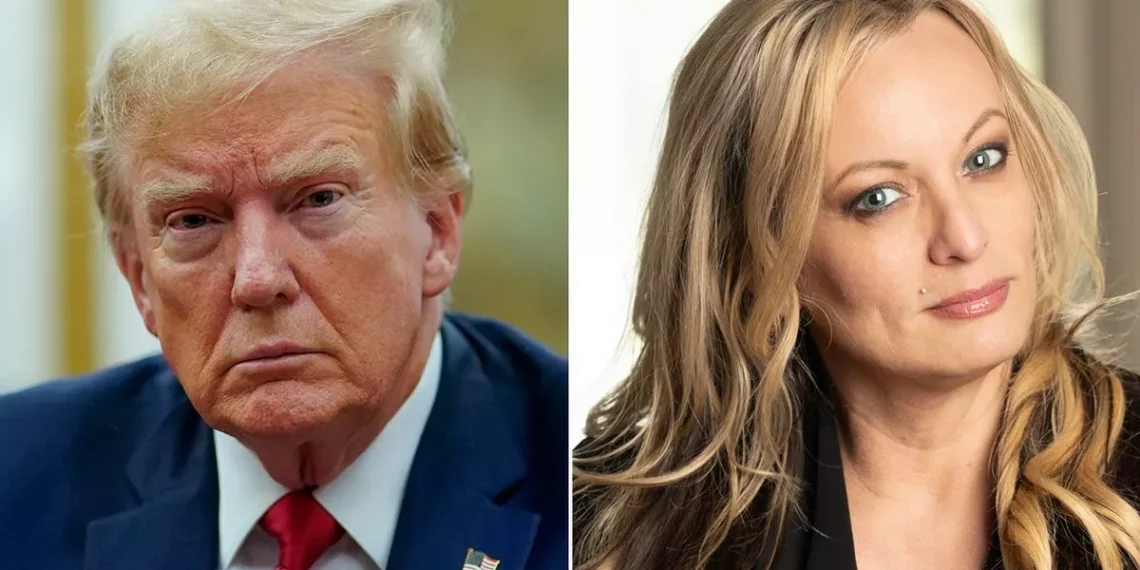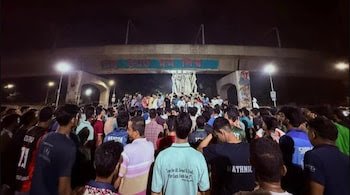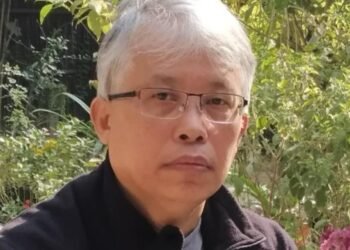Donald Trump has officially been sentenced in the Manhattan hush money case. Judge Juan M. Merchan handed down an unconditional discharge, meaning Trump avoids jail, probation, or fines despite his felony conviction. With just days until his inauguration, Trump prepares to enter the White House as the first president ever convicted of a felony—a development that underscores the unprecedented nature of his presidency.
BY PC bureau
A judge has handed down an “unconditional discharge” to U.S. President-elect Donald Trump, bringing an end to the landmark criminal trial involving a former president.
This sentence means Trump will not face any penalties, including imprisonment or fines, despite being found guilty of 34 felony counts related to falsifying business records in May. His sentencing had been delayed multiple times before the final ruling.
Justice Juan Merchan, who presided over the case, stated that an unconditional discharge was the only appropriate decision that wouldn’t interfere with Trump’s duties as president. “This court has concluded that the only lawful sentence that allows for judgment or conviction without encroaching on the highest office in the land is an unconditional discharge,” Merchan said.
Trump, appearing remotely from his Mar-a-Lago estate in Florida, declared his innocence, telling the court, “I am totally innocent.”
The 78-year-old Donald Trump had sought to delay his sentencing in the New York hush money case, but the U.S. Supreme Court rejected his appeal in a closely divided 5-4 decision. Trump, who was convicted on 34 felony counts for falsifying business records in an effort to conceal a $130,000 payment to adult film actress Stormy Daniels, will face sentencing at proceedings scheduled for 9:30 AM EST (2:30 PM GMT).
With just 10 days remaining until his inauguration on January 20, Judge Juan M. Merchan has signaled his intention to impose a no-penalty sentence known as an unconditional discharge. This would exempt Trump from jail time, probation, or fines, though the final decision will not be confirmed until the hearing concludes. Regardless of the sentence, Trump is set to make history as the first individual convicted of a felony to assume the U.S. presidency.
Daniels alleges she had a sexual encounter with Trump in 2006—a claim Trump denies, along with all accusations of misconduct. The president-elect is expected to participate in the hearing via video from his Mar-a-Lago residence in Palm Beach, Florida, where he will have an opportunity to address the court.
Outside the Manhattan courthouse, demonstrators have gathered in support of and opposition to Trump. His supporters, calling him the “incoming 47th president,” displayed banners denouncing the trial as a “witch hunt” despite his felony conviction. One pro-Trump banner read “Free Trump, Save America.” In contrast, counter-demonstrators waved banners declaring “Trump is guilty.”
Background on the Hush Money Case
The case revolves around payments allegedly made to suppress damaging information about Trump during his 2016 presidential campaign. At its core are allegations that Trump directed payments to Stormy Daniels and former Playboy model Karen McDougal, both of whom claimed to have had affairs with him. Trump has consistently denied these allegations.
Key Legal Issues and Timeline
- Campaign Finance Violations: Prosecutors argue the payments were unreported contributions intended to influence the 2016 election.
- Falsifying Business Records: Trump’s company reportedly misclassified the reimbursement for the payment to Daniels as legal expenses.
- 2018: Michael Cohen, Trump’s former attorney, admitted to facilitating the payments at Trump’s direction and pleaded guilty to related charges.
- 2023: Trump was indicted, marking the first time a former U.S. president faced criminal charges.
Trump’s Defense
Trump’s legal team maintains the payments were personal and unrelated to the campaign, describing the charges as politically motivated. Despite the conviction, his supporters remained steadfast, framing the case as an attack on their candidate.
Significance:
The case is notable for its historical implications (a former president being indicted) and its legal complexities involving campaign finance law and the use of non-disclosure agreements. It has also sparked debates about the use of legal systems in politically charged cases.












